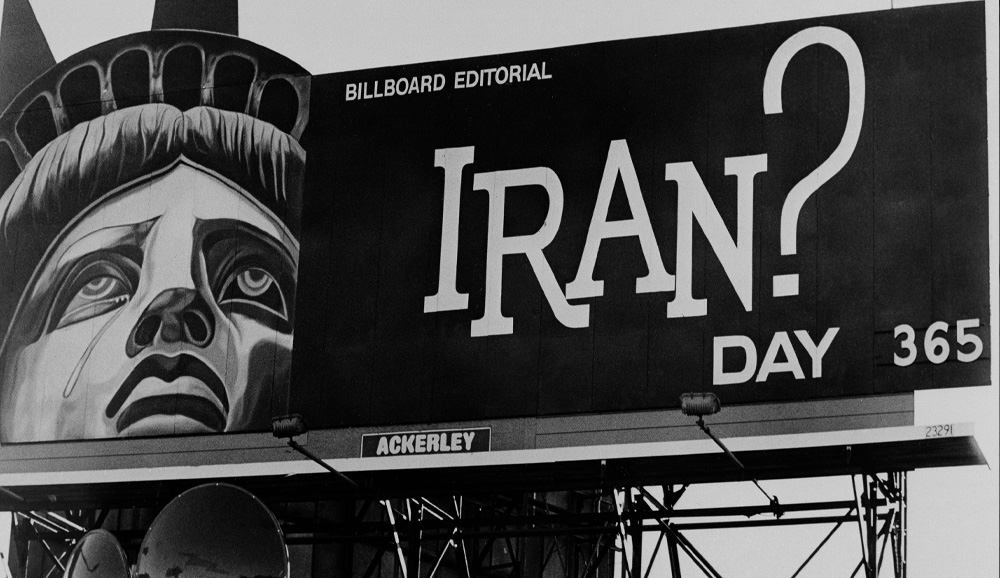On the day that the Iranian-American journalist Roxana Saberi, charged with espionage by Tehran, was handed her eight-year sentence, I received several dozen messages asking if I planned to write something about the case. It is a natural question for those who know me: I am Iranian. I write about Iran, and I often write what in journalism we refer to as human-interest stories. Yet as certain as I was about Saberi’s innocence, I refused to write only about her. That would be precisely what Tehran’s ruling puppeteers wanted everyone to do. And I am, above all, a writer, not a marionette.
I am also an American. I believe in our goodness and in our genuine desire to learn the truth. I reject my Iranian compatriots’ conspiratorial views about Big Brother’s hold on our media. Yet I cannot quite explain why the coverage of Iran in our press is so profoundly inadequate. Every week, so many hundreds of articles are written about Iran’s nuclear program that yellow cake now has the appeal of pastry to our palette, and its top chef, Mahmoud Ahmadinejad, is watched just as avidly. Espionage is cheap in Iran, and hundreds are charged with it every year, but few “spies” become household names. With Iran’s presidential election only weeks away, as I write this, I hardly call it a coincidence.
Neiman Reports, Summer 2009
